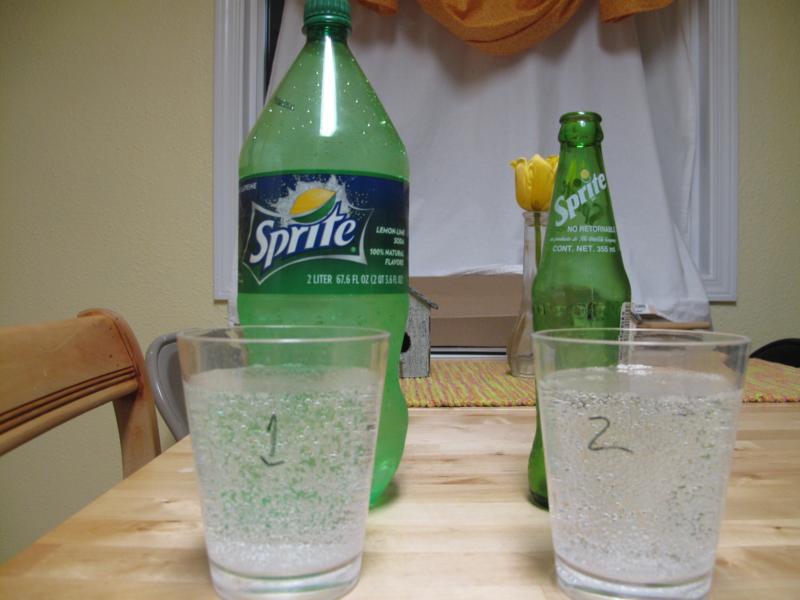
Experimental studies show positive effects on weight loss, but these might be influenced by industry funding. However, it’s not clear whether diet soda is a cause of this. Observational studies link diet soda with obesity. Overall, more high quality research is needed to determine the true effects of diet soda on weight loss. Studies funded by the artificial sweetener industry have been found to have more favorable outcomes than non-industry studies, which may undermine the validity of their results ( 21). However, to add to the confusion, there’s evidence of bias in the scientific literature. At the end of the study, the diet soda group had experienced an average weight loss of 13.7 pounds (6.21 kg), compared with 5.5 pounds (2.5 kg) in the water group ( 20). One study had overweight participants drink 24 ounces (710 mL) of diet soda or water per day for 1 year. In fact, these studies have found that replacing sugar-sweetened drinks with diet soda can result in weight loss ( 18, 19). The weight gain they experience may be caused by their existing dietary habits - not diet soda ( 16, 17).Įxperimental studies do not support the claim that diet soda causes weight gain. However, evidence of this is not consistent in human studies ( 5, 11, 15).Īnother theory suggests that diet soda’s correlation to weight gain may be explained by people with bad dietary habits drinking more of it. Given that diet soft drinks have no calories, these responses may cause a higher intake of sweet or calorie-dense foods, resulting in weight gain. Scientists have suggested that diet soda may increase appetite by stimulating hunger hormones, altering sweet taste receptors, and triggering dopamine responses in the brain ( 11, 12, 13, 14). Several observational studies have found that using artificial sweeteners and drinking high amounts of diet soda is associated with an increased risk of obesity and metabolic syndrome ( 7, 8, 9, 10). However, research suggests the association may not be so straightforward. Most varieties contain zero or very few calories and no significant nutrition.īecause diet soda is usually calorie-free, it would be natural to assume it could aid weight loss. A can of Diet Coke contains 46 mg of caffeine, while Diet Pepsi contains 35 mg ( 1, 6).ĭiet soda is a mixture of carbonated water, artificial or natural sweeteners, colors, flavors, and extra components like vitamins or caffeine. Just like regular soda, many diet sodas contain caffeine. Some diet soft drink manufacturers add vitamins and minerals to market their products as healthier no-calorie alternatives ( 4). A commonly used preservative is potassium benzoate ( 4). These help diet sodas last longer on the supermarket shelf. Many different kinds of natural juices or artificial flavors are used in diet soda, including fruits, berries, herbs, and cola ( 4). The most commonly used colors are carotenoids, anthocyanins, and caramels ( 4). They’re also linked to tooth enamel erosion ( 4).

Certain acids, such as citric, malic, and phosphoric acid, are used to add tartness to soda drinks. These include common artificial sweeteners, such as aspartame, saccharin, sucralose, or an herbal sweetener like stevia, which are 200–13,000 times sweeter than regular sugar ( 4, 5). While sparkling water can occur in nature, most sodas are made by dissolving carbon dioxide into water under pressure ( 4). While recipes differ from brand to brand, some common ingredients in diet soda include:

For example, one can of Coca-Cola Life, which contains the natural sweetener stevia, contains 90 calories and 24 grams of sugar ( 2). However, not all sodas that use artificial sweeteners are low in calories or sugar-free. For example, one 12-ounce (354-mL) can of Diet Coke contains no calories, sugar, fat, or protein and 40 mg of sodium ( 1).
It usually has very few to no calories and no significant nutrition. Diet soda is essentially a mixture of carbonated water, artificial or natural sweetener, colors, flavors, and other food additives.


 0 kommentar(er)
0 kommentar(er)
